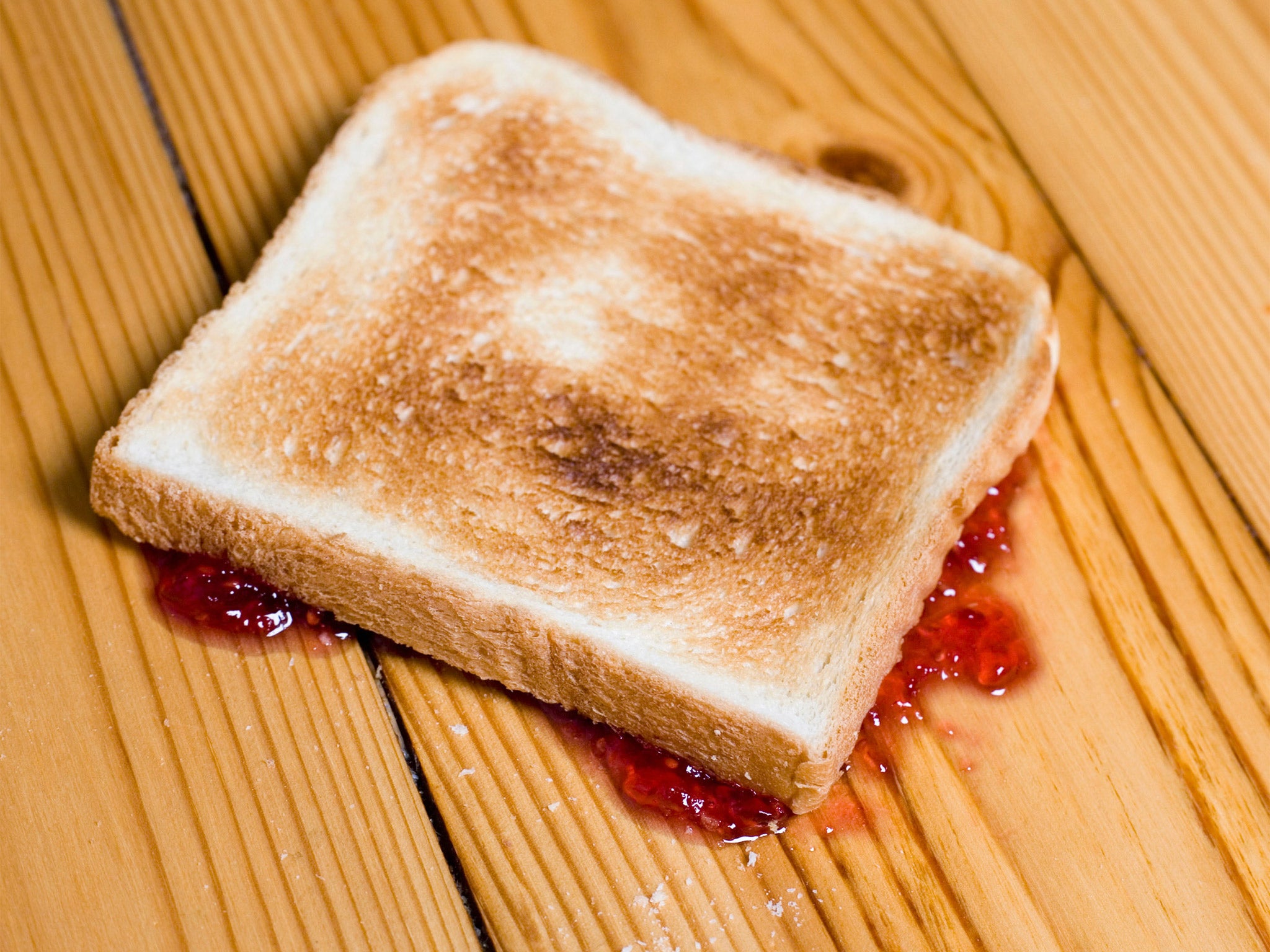All the major food groups: carbohydrates, protein, fat, bacteria...

Your support helps us to tell the story
From reproductive rights to climate change to Big Tech, The Independent is on the ground when the story is developing. Whether it's investigating the financials of Elon Musk's pro-Trump PAC or producing our latest documentary, 'The A Word', which shines a light on the American women fighting for reproductive rights, we know how important it is to parse out the facts from the messaging.
At such a critical moment in US history, we need reporters on the ground. Your donation allows us to keep sending journalists to speak to both sides of the story.
The Independent is trusted by Americans across the entire political spectrum. And unlike many other quality news outlets, we choose not to lock Americans out of our reporting and analysis with paywalls. We believe quality journalism should be available to everyone, paid for by those who can afford it.
Your support makes all the difference.If you’re reading this while eating breakfast and you happened to drop your toast on the floor, you might want to stop (eating, that is, not reading).
A BBC investigation has proved that the five-second rule, followed so slavishly by so many of us, is not only hokum, but also potentially dangerous.
For those not familiar with it, the five-second rule states that one is allowed to eat something that has dropped on the floor, provided that it has stayed there for no longer than five seconds (and has been given “a bit of a wipe” afterwards).
It might sound a bit dodgy when spelled out, but in residences up and down the land (where it is sometimes reduced to a mere three seconds) it is held as a quasi-scientific fact, self-justification that greed is more important than health risks and a reminder not to be fussy.
To test the theory, the Beeb sent reporter Sophie van Brugen to meet Dr Ronald Cutler at his laboratory in the school of biological and chemical sciences at Queen Mary, University of London. Pizza, toast (butter side down) and an apple that were dropped on a kitchen floor, a carpet and a street, respectively, were taken to the lab for testing. A day later, all three items showed themselves to be covered in bacteria. Even the pizza that ended up on the kitchen floor had evidence of “faecal bacteria” on it.
It’s not the first examination of its kind. In 2004 a study by a American student, Jillian Clarke, at the University of Illinois, won the year’s Ig Nobel prize (a sort of satire on the real Nobels) in the field of Public Health. And in 2007, a team from Clemson University in South Carolina published its findings on the prevalence of bacteria found on food dropped on the floor in the Journal of Applied Microbiology.
While the evidence is unlikely to phase the old-matronly types who are fond of bleating lines such as “a little bit of dirt is good for you”, it could make those who pick up food thrown from children’s plates to the floor and give it back to them think twice about doing so. And it should also disavow people of the notion that bacteria somehow respect superstition.
Join our commenting forum
Join thought-provoking conversations, follow other Independent readers and see their replies
Comments